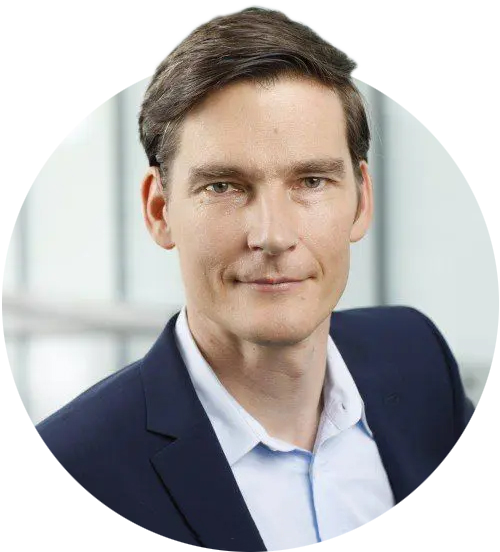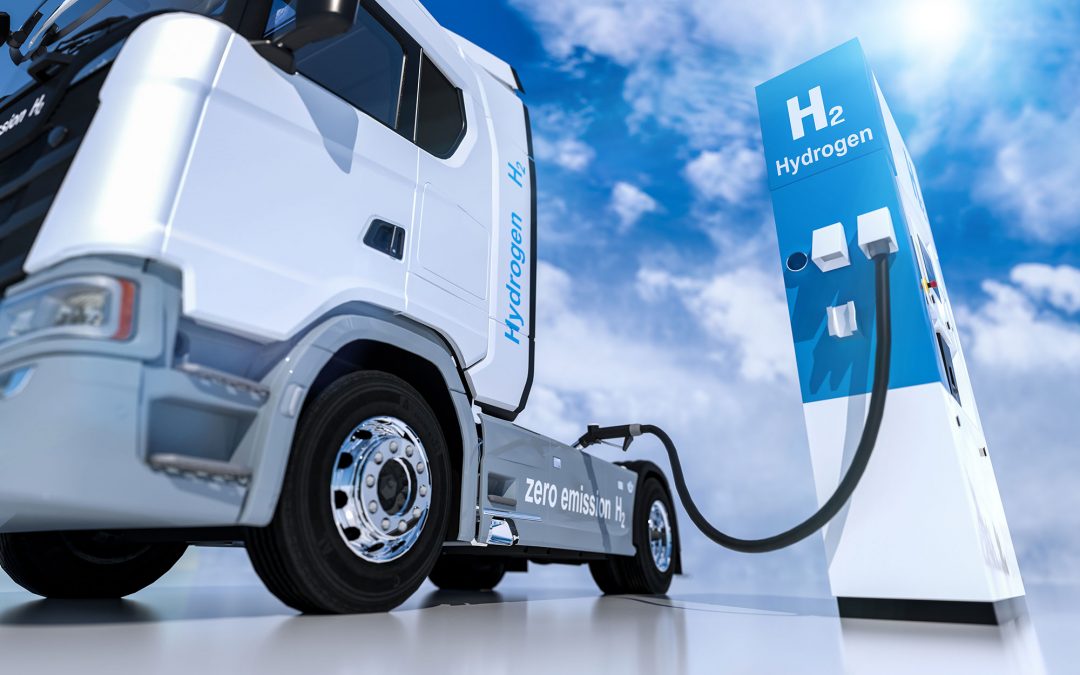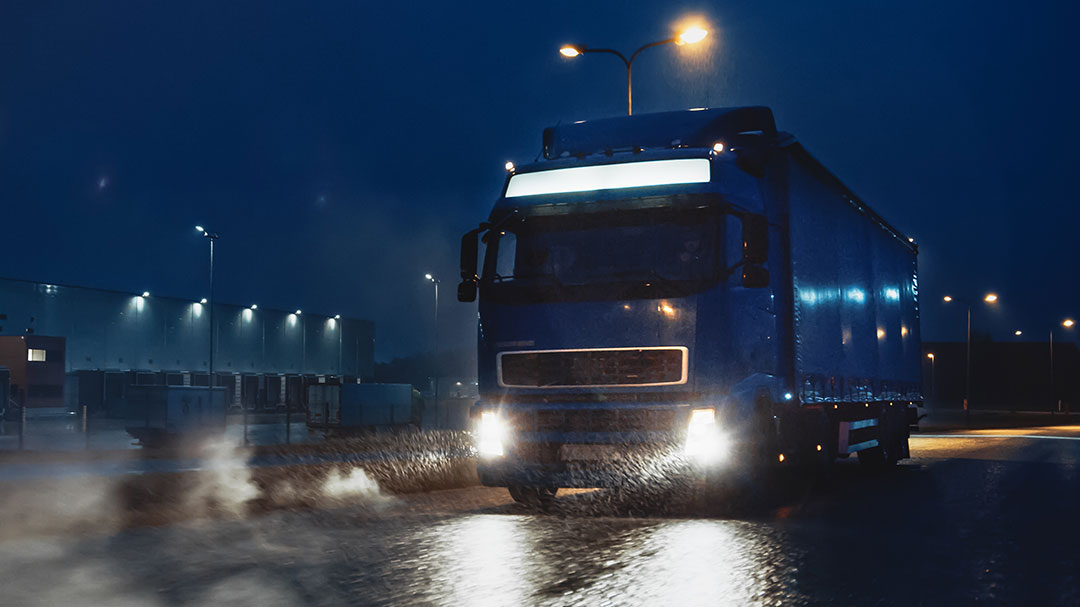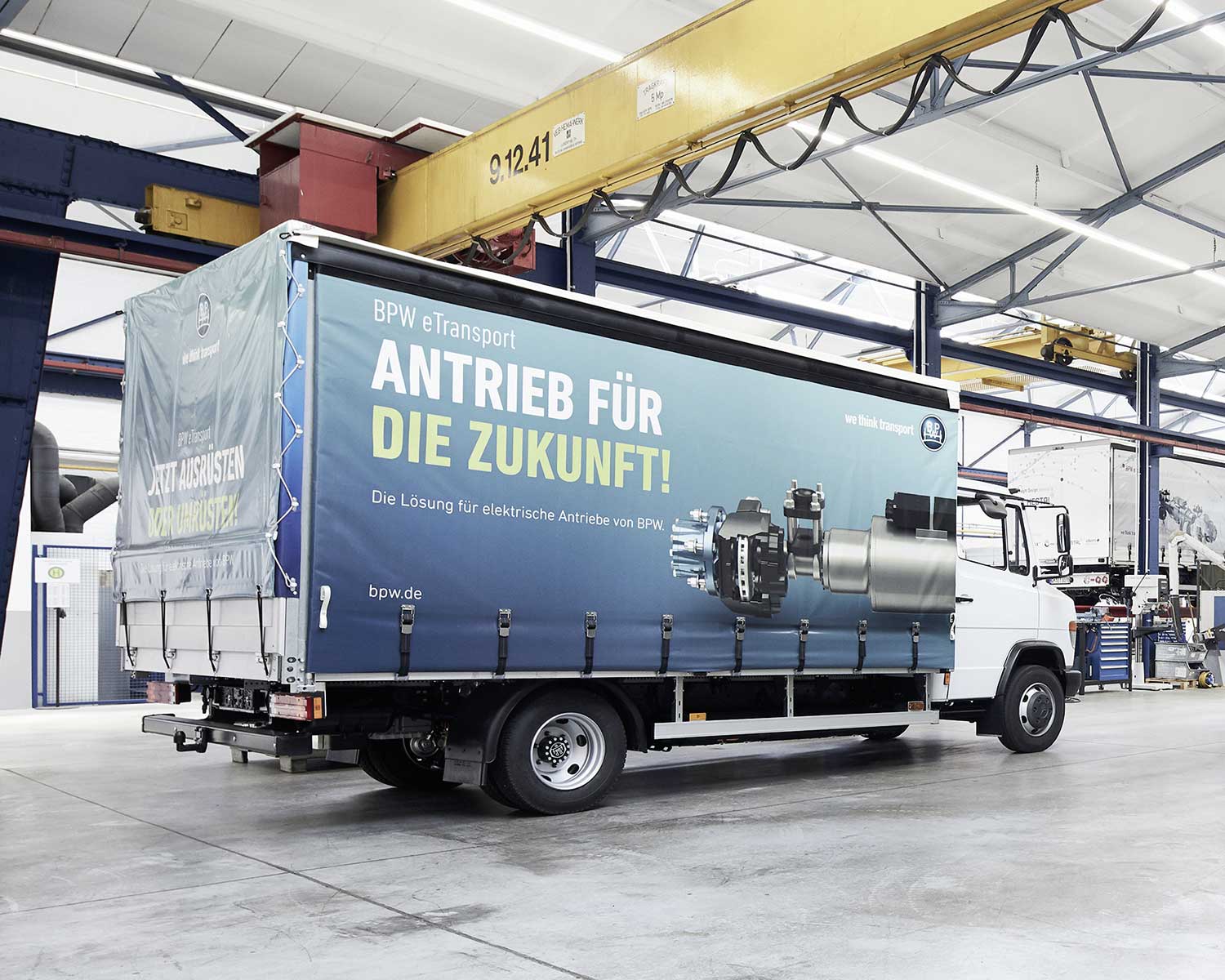Reading time: approx. 4 minutes
Text: Juliane Gringer
Photos: AdobeStock AA+W, StreetScooter GmbH
Germany should not get bogged down in long discussions about fuel cells but should take action and get this alternative drive technology on the road quickly – otherwise, as with the development of electromobility, valuable time would be lost. This is what Prof. Dr.-Ing. Achim Kampker urges. He is head of the Chair for Production Engineering of E-Mobility Components (PEM) at RWTH Aachen University and co-founded Streetscooter.
Prof. Achim Kampker: Definitely yes. If we want to achieve the climate targets, there is no way around the fuel cell, especially in heavy goods traffic. It is therefore essential that we act more quickly, discuss less and move forward quickly. If I go back ten years in my mind, I have a kind of déjà vu: back then, we wondered whether batteries were a promising technology. At that time I sat on many committees discussing whether investing in electric mobility was worthwhile. And we did not want to become active until all open questions, for example on charging infrastructure, were resolved. This reminds me of the reluctance to deal with the fuel cell now – which I think is wrong. In addition, the technologies are being played off against each other.
This question is the wrong approach for me, because the technologies are not in competition. They complement each other and together they can solve all the problems we face in mobility. The battery is optimal for the urban environment and for lighter vehicles, especially in retrofitting such as with BPW eTransport. On longer distances, it will hardly be economically viable for at least the next ten years, but after that the boundaries could blur. The fuel cell, on the other hand, is suitable for orders of magnitude from 3.5 tonnes and for a daily range of more than 250 kilometres. If I now wanted to convert a truck or build a new one, I would always use a combination of a slightly smaller battery and a fuel cell range extender.

»With a view to climate protection, the fuel cell truck is necessary within the next four to five years – and this time horizon is realistic in my opinion.«
Prof. Dr.-Ing. Achim Kampker







